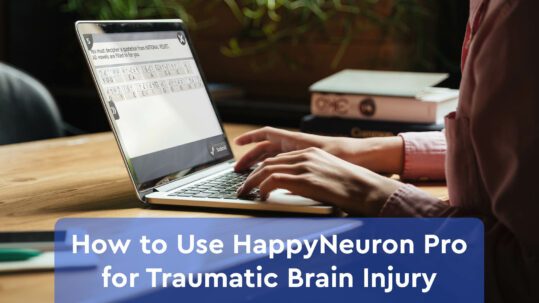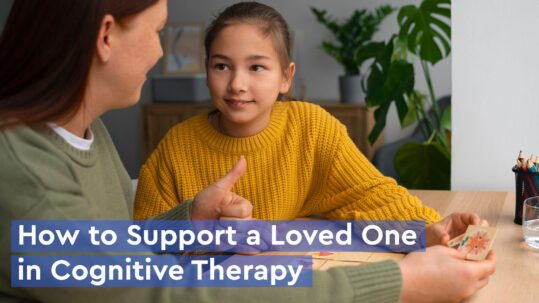How to Date with a Brain Injury
Many people living with brain injury ask “will anyone date me after I have had a brain injury”? The answer is yes. While dating with brain injury is a little known topic, more people are sharing their stories of finding love after brain injury. People with brain injury do date, and often have success.
Is Dating Different with a Brain Injury?
In some ways yes, and other ways no. The normal socially accepted do’s and don’t of dating apply to everyone, not just people with brain injury. However, brain injury poses cognitive complications that may impact self-regulating behavior and the ability to picking up on social cues. These challenges can make a person with a brain injury feel nervous about engaging with others and putting themselves out there. But they should not hold the person back from living life to the fullest. The fears of engaging with others are the same fears other people without TBI’s have.
Social Media Can Be Helpful!
Yes, use social media. With the advent of social media and dating apps, people can connect with other people that share similar interests and experiences. Sharing a common ground can make social interactions less scary for anyone. Everyone has similar ideas or have experienced the same things. Common ground allows numerous people to have a topic to discuss while they are getting to know each other. For dating, some social media platforms offer resources for people living with brain injury. For example, there is a Facebook community for TBI singles. In fact, some researchers advise helping clients with brain injury navigate social media to help them practice real-world social skills and connect with their communities.
Safety First!
Safety is of concern for people meeting for the first time. Because brain injury causes cognitive and physical complications, people living with a brain injury can be more vulnerable than people without TBI. The cognitive and physical complications can make attending social events such as a date can be scary and dangerous. However, here are some important strategies for how individuals with a brain injury can ensure safety when meeting new people and prioritize their well-being at all times.
- Do be careful to not share too much personal information. Personal information is private information. Details such as your address or other personal knowledge are private information. These types of details should not be shared until you get to know and trust someone new.
- Do meet someone new in a public place. It is always a good idea to tell a friend or family member where you’re going and who you’re meeting. This ensures that your whereabouts are known and if needed in case you need help.
- Don’t feel pressured to tell people about the effects of your brain injury if you don’t feel comfortable in doing so. You are not your brain injury. A brain injury is merely an aspect of who you are; it is not your identity (unless you want it to be). This is private information that doesn’t need to be shared unless you want to.
- Do take it slow! Dating should not be a race. You should feel like you have control over the speed of the relationship. If you are feeling rushed, tell the other person to slow down or feel comfortable leaving if you feel your boundaries are not being respected. Also, be sure to tell a friend or someone you trust who can support you with what you are feeling. Sometimes, we need an external helper to help keep ourselves safe and out of trouble.
Can My Therapist Help?
Yes, your therapist can help. Dating encompasses a variety of cognitive skills and poses its own social and emotional challenges. Many people with brain injury do date it is not something you have to do alone. Therapists working with clients with a brain injury can teach their clients the skills needed to develop close relationships in their life. Therapy focusing on cognitive skills, social cognition, and emotion regulation can help clients learn strategies and skills for interacting with people around them. These skills can be used in developing both platonic or romantic relationships.
Conclusion
Love and close relationships are part of life and do not have to stop after someone has experienced a brain injury. Many resources are available for individuals living with a brain injury as well as partners of people with a brain injury. These resources help provide useful information If you are a therapist working with a client who has a brain injury, inform them that there is always hope with love. By working on cognitive skills, social cognition, and emotional regulation, you can help your clients with brain injury learn strategies needed for social situations like dating. Dating is not gone forever, it is merely readjusted after brain injury.









